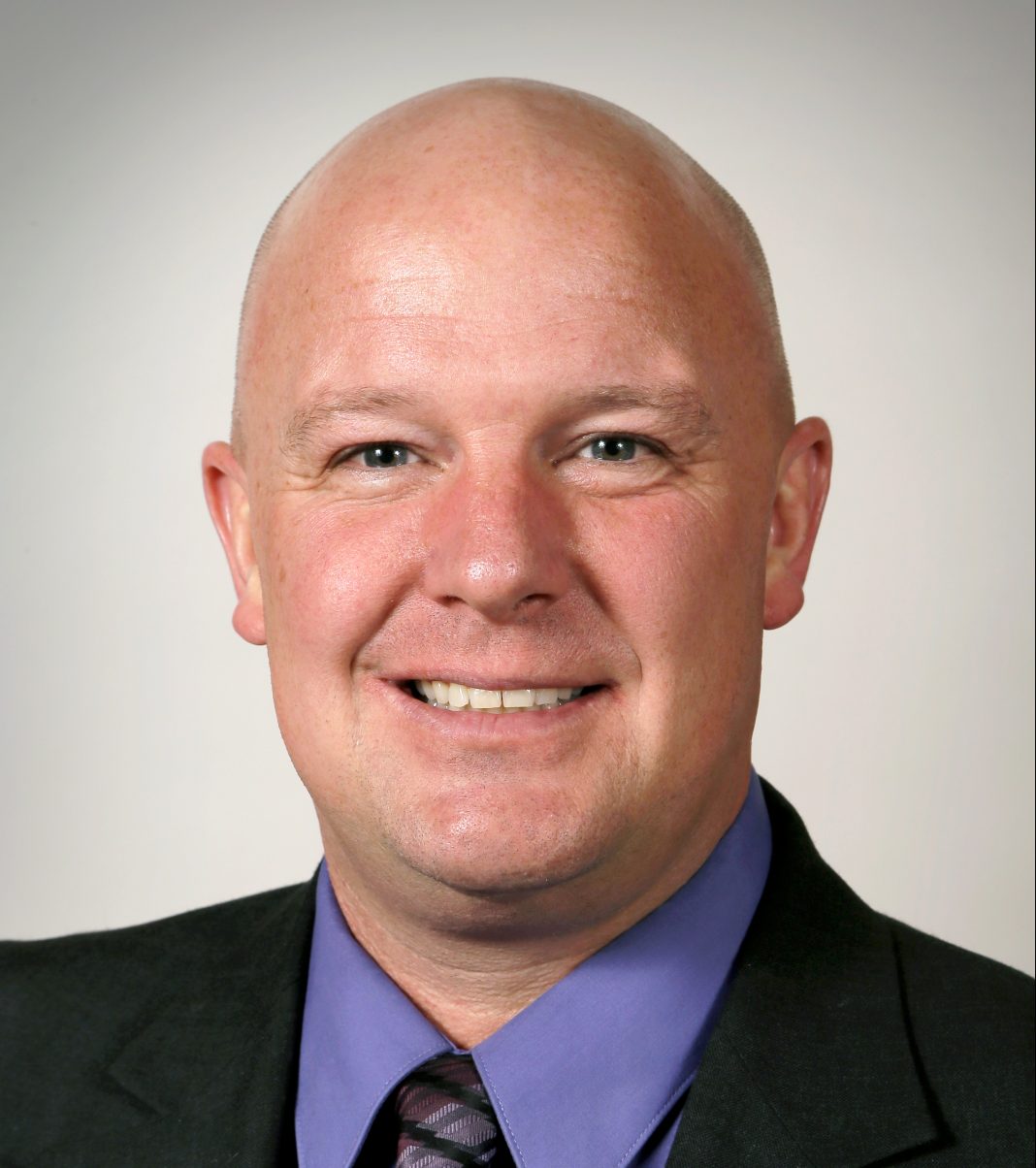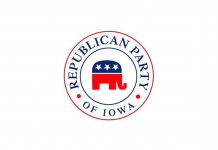It is possible this is the year the Iowa Legislature actually passes a Religious Freedom and Restoration Act. The Iowa Senate moved such a bill through subcommittee on Tuesday.
The bill would strengthen religious liberty protections in Iowa and force the government to show it has a compelling interest in essentially burdening someone’s religious liberty. The government would then have to use the least restrictive means necessary to further the compelling government interest.
Iowa ranks just 33rd in terms of religious liberty according to Religious Liberty in the States.
Tim Coonan of Principal Financial Group said the business opposes the expansion of religious liberty because it is a “workforce issue.”
“Senate File 2095 would enable discrimination,” Coonan claimed. “It would empower Iowa business owners to deny services or accommodation based on a potential customer’s sexual orientation or gender identity — or any other protected class.”
Coonan cautioned the bill would weaken the Iowa Civil Rights Act, which provides protections based on sexual orientation and gender identity. He added worry about potential economic loss for the state due to passing religious liberty protections.
Danny Carroll with The FAMiLY Leader said it is inevitable there will be conflict between the free exercise of religion and the public good.
“The question is what are the guidelines, the criteria, what is the framework on which that decision is made,” Carroll said. “It seems only reasonable that the strict scrutiny test be applied and the government first of all demonstrate that there’s a compelling interest to get involved in the first place in preventing the free exercise of religion guaranteed in the Constitution. And if that is well established, then it makes only good sense that the least restrictive remedy be applied and we can coexist together in peace knowing that our freedom of religious expression is protected while the public good and welfare is also safeguarded by government.”
Tom Chapman of the Iowa Catholic Conference, who is registered in favor of the bill, said the bill creates a balancing test in the courts, noting it does not create new rights. He added that the bill protects people of all faiths, especially minority religions whose traditions are not always part of mainstream culture.
Lance Kinzer of the First Amendment Partnership said five states with RFRA have protections based on sexual orientation and gender identity. RFRA doesn’t conflict with those protections, he said, but instead the two factors can work well together.
Kinzer told the story about a woman in Kansas where he served in the statehouse who needed an organ transplant but due to her religious conviction could not consent to a blood transfusion. The patient needed to go to Nebraska for treatment, but the Medicaid Board did not grant a religious exemption. She litigated the case for two years because Kansas had a lack of clarity on the legal standard. In 2012 the woman died.
“We passed RFRA in Kansas in 2013,” he said. “Don’t make the same mistake we made. Protect Iowa citizens before a tragedy like that occurs.”
Matt Sharp of Alliance Defending Freedom said the religious community also provides an economic benefit.
“But the real impact is in the countless lives forever changed by a helping hand from the faith community,” Sharp said. “But religion’s vast benefits in Iowa will only last so long as people of faith maintain the freedom to exercise their faith. Not just in their home or place of worship, but at work and in the wider community.”
RFRA doesn’t guarantee a winner or loser, Sharp said, it simply protects the process for balancing the government’s interest against religious freedom.
Samantha Fett with Inspired Life said religious freedom and its protections are the cornerstone of what America was founded upon.
“Our Constitution and the Bill of Rights have created an objective foundation for our liberties,” she said. “And when threatened, we as Iowans have a duty to protect them. We need to protect the rights of people to live and work according to their beliefs without fear of punishment by the government.”
Amber Williams, a concerned citizen, said RFRA protects what is already provided in the First Amendment. She said the national RFRA, which passed in 1993, was introduced by then-Congressman Chuck Schumer and Sen. Ted Kennedy. The law was signed by President Bill Clinton after it passed unanimously in the House and nearly unanimously in the Senate.
“This wasn’t exactly a far-right, Christian conservative idea as some might think,” she said. “Religious freedom is our first freedom as Americans. It is what inspired people to sail across the world in hopes of finding a home where they were free to worship God however they wanted to worship God.”
Angie Wenell, another concerned citizen, said her faith is extremely important and passing RFRA is something Iowa should have done a long time ago.
“Religious freedom is our most fundamental inalienable right,” she said. “Adopting this law would not grant religious freedom to the citizens of Iowa. The freedom of religion, the freedom of conscience is an inalienable right given by God, not government. It is the duty of our government to fully recognize and protect this right we have already attained.”
Jeff Eckhoff with Iowa Workforce Development said the group has no position, but is interested in investigating further whether the U.S. Department of Labor would permit specific exceptions as they are concerned about unintended consequences.
Connie Ryan with the Interfaith Alliance of Iowa Action Fund said the organization strongly opposes RFRA. She noted religious liberty is already protected, and the rule of law is important.
“We should never create religious exemptions that allow people to pick and choose which laws they follow,” she said.
According to Ryan, RFRA was designed to protect an individual from the government imposing itself on an individual’s religious freedom.
“It was never intended to place an individual’s religious freedom above the rights of another person,” she said. “And that is what we’ve seen in state after state.”
Damian Thompson with Iowa Safe Schools said he is glad to hear that people believe freedom of religion is foundational to America. But protections are already in place through the First Amendment.
Thompson said the added religious protections would “create an avenue for legal chaos.”
“It will also legalize discrimination against unmarried couples, religious minorities, single mothers and more,” he said.
Some examples include religious leaders refusing to cooperate with investigations into child abuse by claiming their beliefs prevent them from testifying against members of their own church, a pediatrician could refuse to treat a child who is the son or daughter of a homosexual couple or a business owner may refuse to serve a customer who holds different religious views.
Chuck Hurley of The FAMiLY Leader said states with RFRAs tend to have the best business climate and the threat it poses to the business climate simply isn’t reflected in practice.
“Freedom of religion is one of our crown jewels in this nation and in this state,” Hurley said. “However, in 1990 that crown jewel was tarnished by the Smith v. Employment case.”
Hurley said all of the rights in the First Amendment have the highest standard of strict scrutiny when they are abridged by the government.
“Except for one. And that’s this one,” he said. “And that needs to be rectified.”
Dustin Miller of the Iowa Chamber Alliance spoke against the bill. He said the group’s big concern is whether to law is used as a sword instead of a shield. Miller added that recent Supreme Court cases have been decided on the side of religious liberty, which calls into question whether the bill is necessary.
He closed his comments by insinuating that Christians who support RFRA may be failing to love their neighbors.
“Ultimately those folks pushing for this I think, the biggest key here is to think about the fact, my guess is we’ve heard from a lot of folks, is your position here is of one faith,” Miller said. “I think ultimately my guess is many of the folks pushing this have Christian values and that your second commandment is to love your neighbor as yourself. So just make sure that you’re not tarnishing your witness by trying to push something unintentionally.”
Democrat State Sen. Janice Weiner spoke against the bill. She said while religious is freedom is important, so too is the rule of law.
“Both the federal and states versions of RFRA have been used to discriminate,” Weiner said.
The law is written too broadly, Weiner said.
Republican State Sen. Sandy Salmon said the bill simply fleshes out First Amendment protections int he Constitution. Other bills have previously fleshed out Second Amendment, Fifth Amendment and Sixth Amendment rights, Salmon added.
“This is one that fleshes out our First Amendment right and gives the court excellent guidelines to go by when testing a religious liberty case,” Salmon said.
Schultz said he hasn’t seen examples of all the hypothetical situations brought up by opponents actually happen in any of the 25 states where RFRA is already law.
“Some of the examples that I’ve heard — some are worth me looking into, but some are almost, I was almost surprised to hear,” he said. “People can use any defense when they’ve done wrong that they want. The point here its hat we’re putting language in code that the court is to follow when it gets there. Does the state have a compelling interest in stopping a husband from beating his wife? I’d suspect there’s a chance they do. I can’t hardly imagine combining those two lines of thought, along with so many others.”
Schultz said he intends to bring the bill forward in the Senate State Government Committee on Wednesday.
















